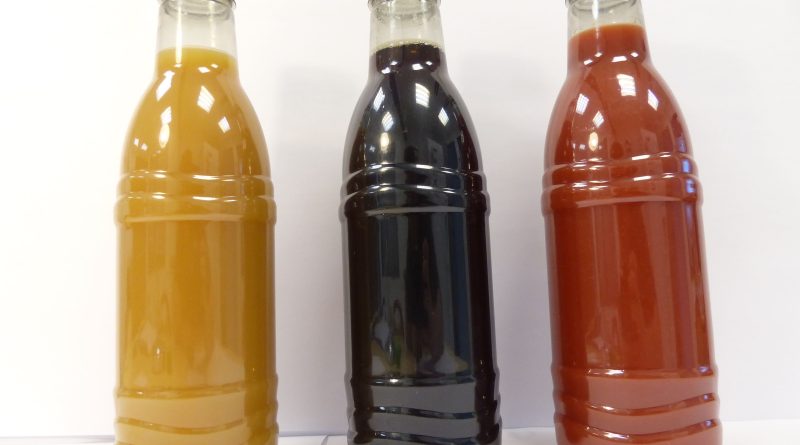First PET bottles made with 100% rPTA through enzymatic biorecycling
Carbios, a company pioneering new, bioindustrial solutions to reinvent the lifecycle of plastic and textile polymers, announced it has successfully produced the first PET bottles made with 100% Purified Terephthalic Acid (rPTA), through the enzymatic biorecycling of plastic waste.
The company states that this milestone is a world-first, and confirms the potential of the technology to engage the whole industry in a responsible transition towards a circular economy.
Alain Marty, Chief Scientific Officer at Carbios, comments, “We have successfully developed the first biological process with which all kinds of PET plastic waste can be broken down into its original components and reused to produce virgin plastic products for applications such as PET-bottles. This new step shows the strong potential of Carbios’ enzymatic technology and provides a solution to help solve society’s growing waste problem.”
Previously, Carbios demonstrated that its proprietary biorecycling technology, based on the use of bioengineered enzymes, had the ability to turn PET plastic waste back into its original components at a rate of 97% in only 16 hours. It had also demonstrated that virgin PET can be made with 100% rPTA via its proprietary biorecycling process, which uses all kinds of post-consumer PET plastic bottles (clear, coloured, opaque, complex). By demonstrating now that 100% rPTA can be used to produce PET-bottles that match brand and customer requirements, this technology proves to be a potential game-changer in the transition towards a circular economy that will benefit the environment and future generations.
By decoupling the production of new plastic bottles from petrochemical feedstock and making waste collection economically more viable, the technology is intended to offer a sustainable and efficient solution to change the way some of the most commonly used plastic products are produced.
Jean-Claude Lumaret, CEO of Carbios, adds, “The plastics industry faces fundamental challenges related to sustainability. Our technology, based on a circular model, reuses resources rather than consuming them. This new milestone takes us one step closer to bringing our technology to the market. With the construction of our demonstration plant to start later this year, we’re aiming to engage the whole plastics industry in a transition towards a circular economy and take a leadership role as a global license provider for the biorecycling of PET plastics and fibres.”

